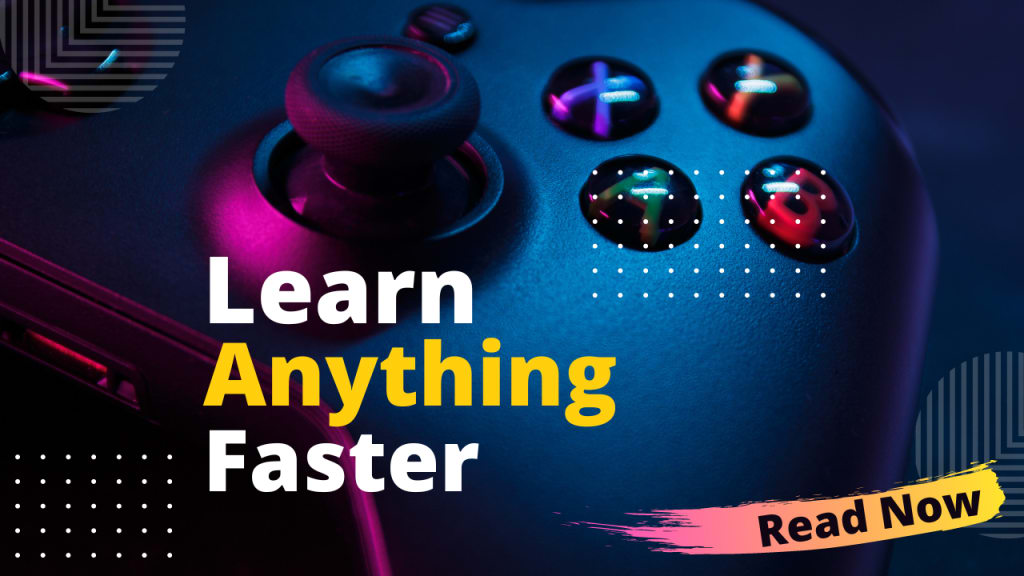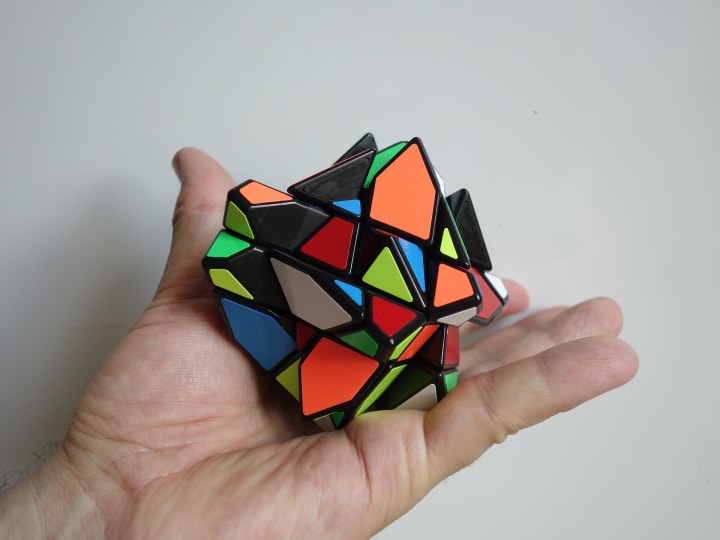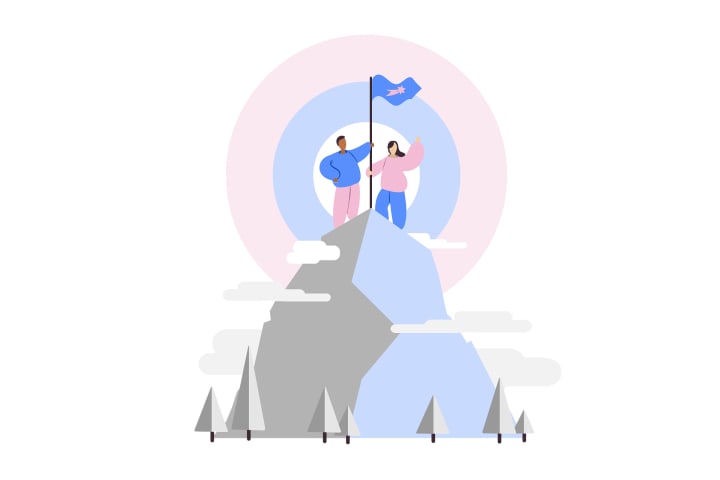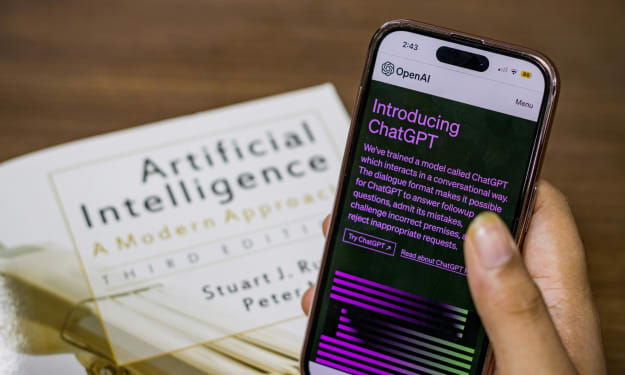
Developing new skills is one of the most rewarding aspects of life. Whether you want to pursue a fun hobby, upgrade soft skills, upgrade your work skills, or perhaps change career entirely. Learning something new can be both challenging & fulfilling, of course, success is never guaranteed.

Many people end up giving up on their goals due to unforeseen challenges or setbacks. But fortunately, learning is a skill. Like any other. And by adopting best practices & avoiding common mistakes, we can improve our ability to learn new skills. In this article we're going to cover 3 powerful tips for learning a new skill faster & effectively.

#-1: Narrow the scope to accelerate progress
The first priority is getting clear on exactly what you plan to learn. For example; if you plan to learn a new language, can you get away with simply learning to speak? The language is reading & writing something that you can learn latter, after you master learning how to speak.

A very common mistake is trying to take on too much all at once in the name of efficiency. In the case of learning a new language it's considered more difficult to learn how to speak, read & write. All the same time, it might only seem like a minor increase in effort, but that added complexity, can ultimately Kill your momentum and make it much more likely that you end up quitting. So regardless of what it is that you want to learn. Look for opportunities to narrow the scope. That way, it's easier to build momentum and eventually achieve success. But later, after you have achieved your initial goal, it's much easier to add on related skills.

For example, once you've learned to speak a new language, it's that much easier to learn how to read & write that new language, whereas it's much more difficult to do all of these things at the same time.
#-2: Prioritise direct experience early & often
A critical aspect of skill development is gaining practical experience in the situation or context that you plan to apply the new skill. If you want to learn to code mobile app's, find a way to start working on simply apps as early as possible.

If you are going to learn a new sport like basketball, then join a pickup game sooner rather than later.

And if you want to learn to speak a new language, look for opportunities to engage in basic conversations with a native speaker. This direct approach is in stark contrast to the way that many things are taught today. much of what people learn is abstracted a way from the real world, and many skills are taught in simplified and isolated environments.

As 'Ultra Learning' author "Scott H. Young" explains; Directly learning the thing we want feels too uncomfortable, bring, or frustrating. So we settle for some book, lecture, or app, hopping it will eventually make us better at the real thing.

Unfortunately, this approach fails to address one of the most significant challenges in personal development, which is the problem of transfer. Transfer is what happens when you develop a skill in one context, such as shooting a basketball in a drive way. And then you apply it in another context, such as playing in a real game. The problem is that experience in one context often fails to transfer well into another. It's one thing for a basketball player to make shot after shot in a familiar controlled environment, and yet it's another thing entirely to make a similar shot in a new environment in the face of a strong defender. After receiving an awkward pass & being tired from running up and down the court. A great way to avoid the problem of transfer is to participate in the goal activity as early an so often as possible, rather than focusing exclusively on isolated skill building.
Look for opportunities is to get in the game on a regular basis. This kind of direct experience make it easier to identify skills worth practicing, and it provides you with an environment to apply those skills as they are being refined. Now, of course, this may not be an option for every pursuit. Some activities will be too difficult, complex, or dangerous to dove right into.
However, the ultimate goal should be to close this gap as quickly as possible. That way you can gain real world experience in applying what it is that you have been learning and avoid the trap of getting struck in focusing entirely on isolated practice.

#-3: Address weakness through focused practice
As you gain direct experience, you will inevitably run into challenges or setbacks that you can't control overcome with your current abilities.
For example; when learning a new language, you might start by using flash cards to memorize basic phrases. Then when conversing with a native speaker to gain direct experience, you may discovered that some of the phrases are not commonly used. Further more, you may discovered several new phrases that you aren't yet familiar with. And while this can be frustrating in the moment, it provides a clear direction in which you make further progress.

Your next practice session might involve removing uncommon words from your flash cards and then adding in new phrases that you anticipate will be relevant the next time you have a conversation with a native speaker. "Scott H. Young" calls this the ' Direct then Drill ' approach. Direct experience helps you identify weakness or areas for improvement and then once you've identified those weakness, you can drill. Related skills & knowledge to improve your abilities.
At every step along the way, it's very important that we return to the goal activity that way. We can apply the latest things that we have been working on and get a refined sense of how to continue improving.

This Direct then Drill approach can be used for almost any pursuit, such as starting a business, writing a book, or even learning an instrument. In each case, everything begins by identifying the most direct opportunity to engage in the goal activity. Then as challenges or setbacks arise, you can engage in purposeful practice to improve the next & the abilities needed to take your skill to the next level.
Credit - Rick Kettner
About the Creator
PP
Psychology, Horror, fiction, education, poet, and about many crazy topics; I love to create content.






Comments
There are no comments for this story
Be the first to respond and start the conversation.